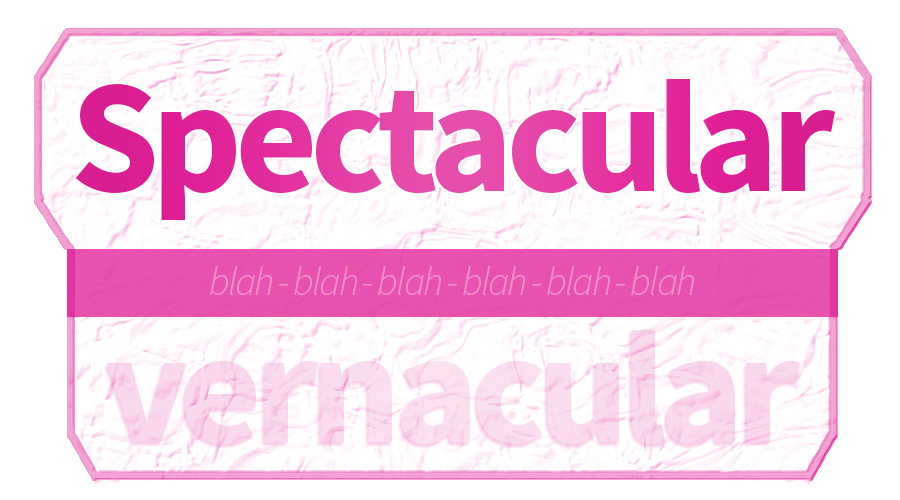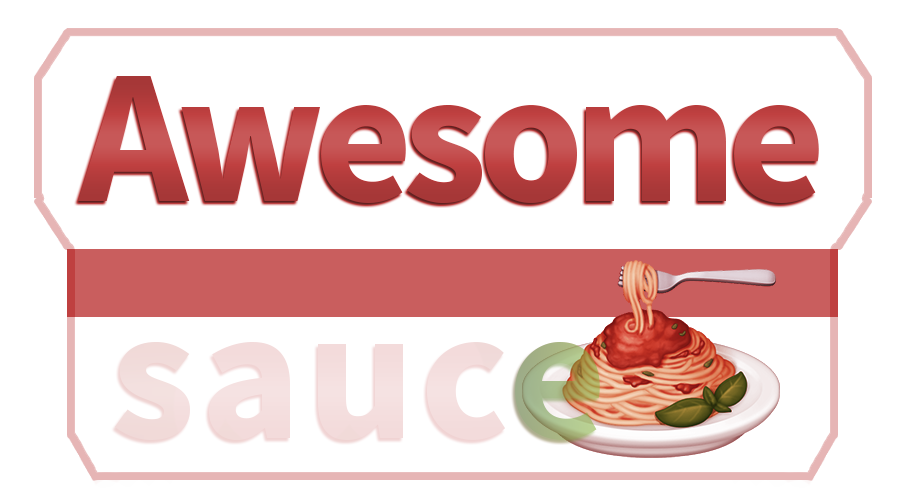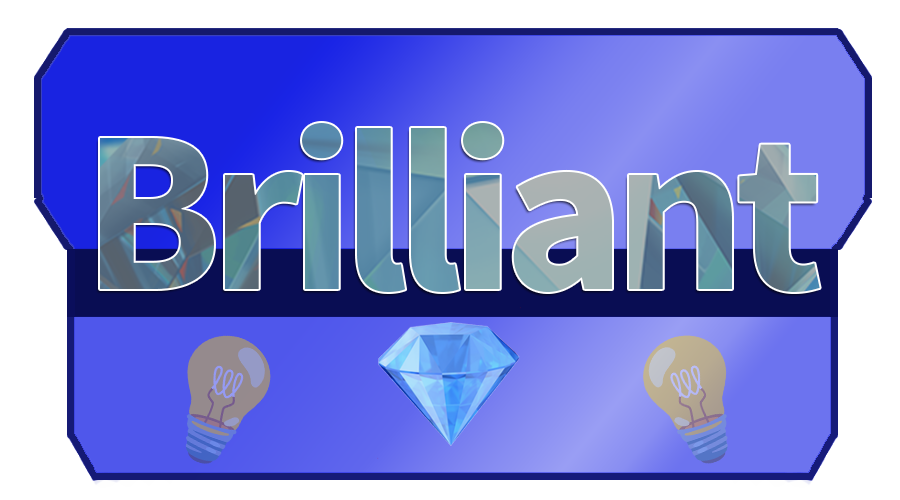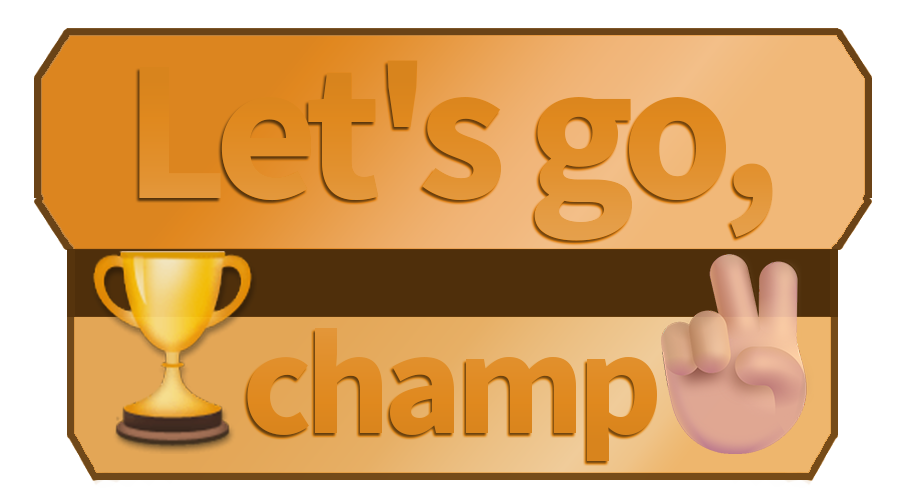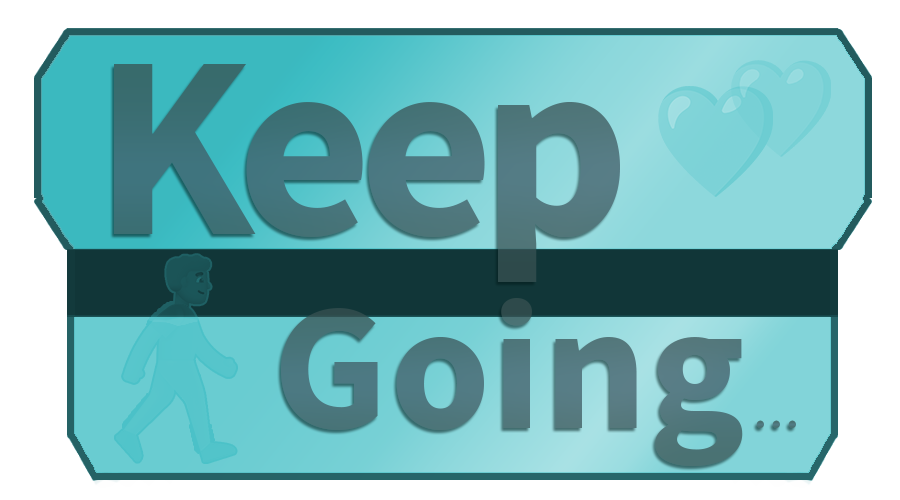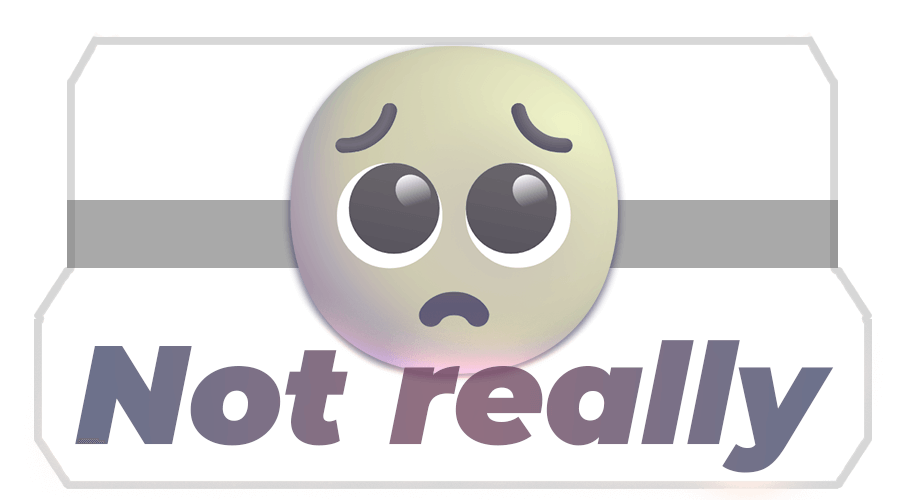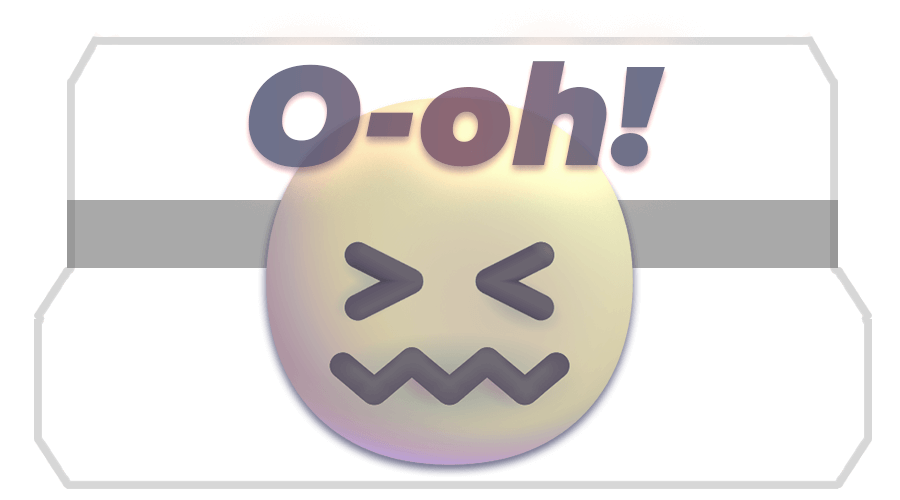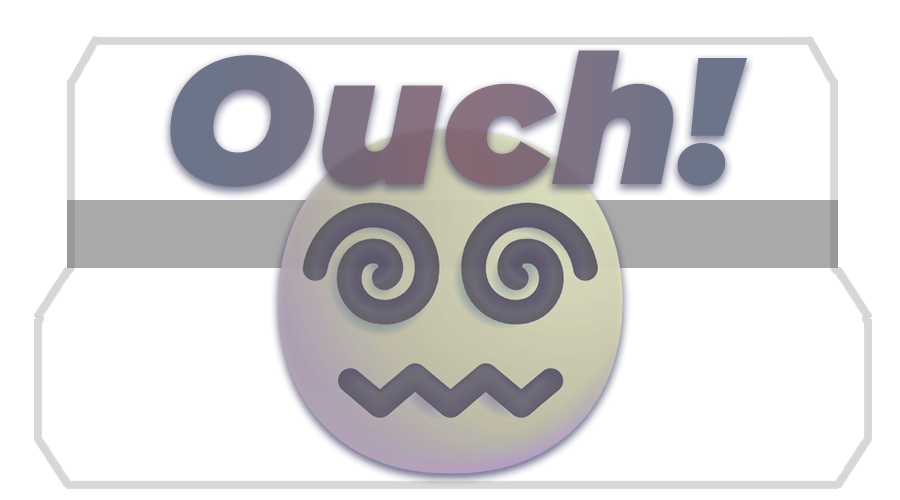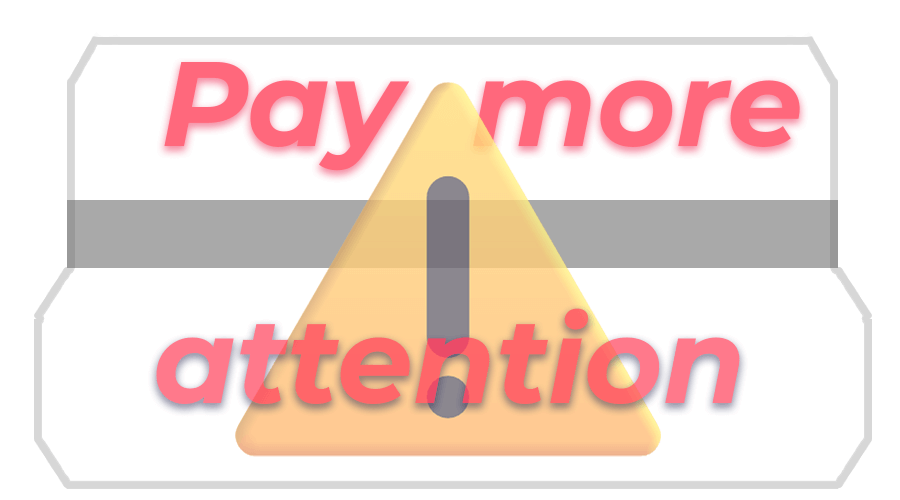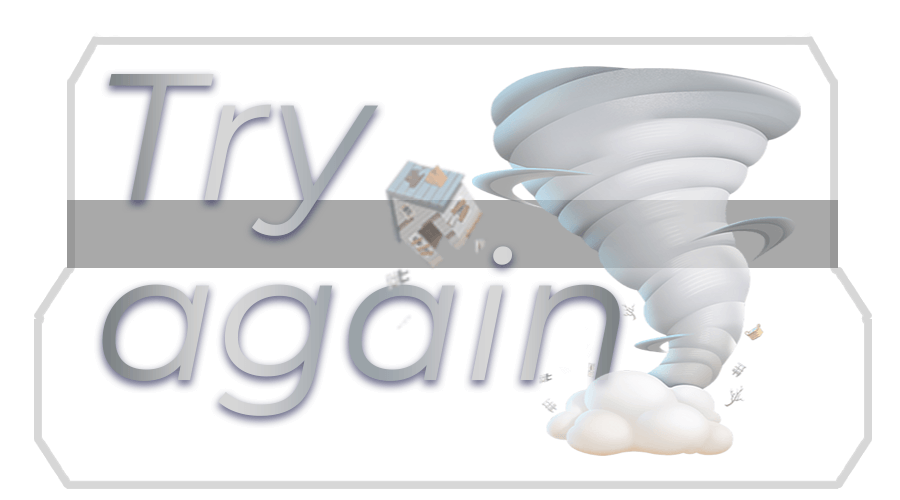KILAGAO 047 | Modals Verbs I – Can / Could 67AH
General characteristics
A
Modal verbs (can / could, may / might, must, shall / should / ought to, will / would) have the following characteristics:
- They are followed by the base form of another verb to indicate obligations, possibility, ability, permission, etc.
- -s is not added to the third person singular.
- They do not have infinitives or participles.
- They do not have proper past tenses (although could, would, should and might can sometimes be used as past forms of can, will, shall and may).
- Questions and negatives are formed without the auxiliary do.
B
Can is the modal verb used to express possibility and ability.
Can is the present form and could is the past and the conditional.
| Affirmative | Negative | |
| Present | I / You / He / She / It / We / They can | I / You / He / She / It / We / They can’t |
| Past & Conditional | I / You / He / She / It / We / They could | I / You / He / She / It / We / They couldn’t |
I can teach you, if you like.
She could read when she was only four.
This could be the beginning of a new story.
The full negative form is cannot, but this is used a lot less than the short form can’t.
We cannot / can’t go out tonight.
The full form is the past is could not.
They could not / couldn’t tell me anything.
C
| Interrogative | |
| Present | Can I / you / he / she / it / we / they…? |
| Past & Conditional | Could I / you / he / she / it / we / they…? |
| Negative questions | |
| Present | Can’t I / you / he / she / it / we / they…? |
| Past & Conditional | Couldn’t I / you / he / she / it / we / they…? |
Can we start writing now?
Could you wait a couple of minutes, please?
Can’t you pay a bit more attention?
Couldn’t you come with me?
D
| Short answers | |
| Present: | Yes, I can. / No, I can’t. |
| Past & Conditional: | Yes, I could. / No, I couldn’t. |
‘Can you ride a horse?’ ‘Yes, I can. / No, I can’t.’
E
| Wh- questions | |||
| Present: | What can I…? | Where can you…? | How can he…? |
| Past & Conditional: | What could I…? | Where could you…? | How could he…? |
What can I do for you?
Where could we find a map?
How could you be so careless?













